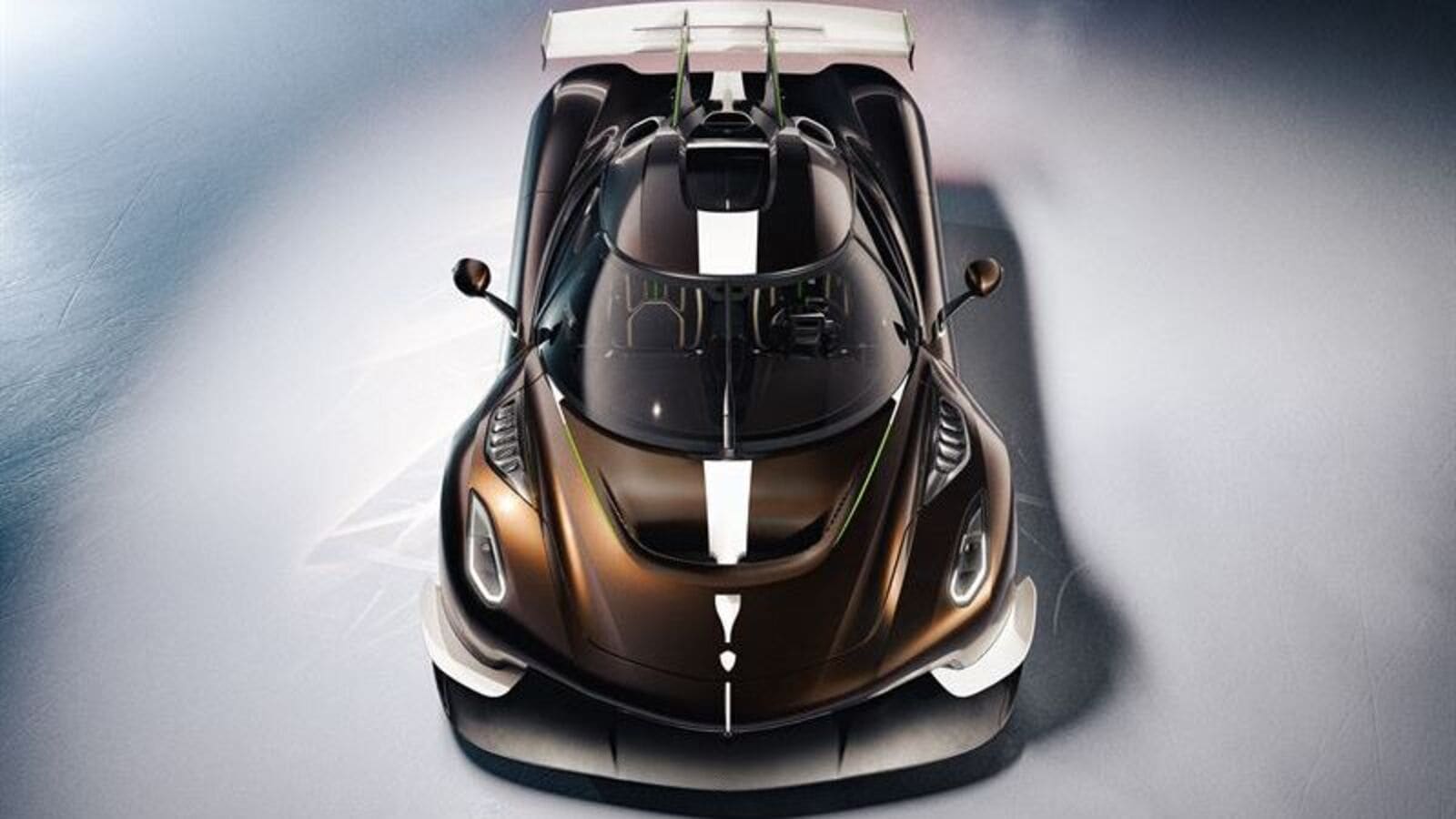11 April 2025

A major European country adapts its new-car regulation, an industry body urges the EU to negotiate with the US, and a manufacturer outlines its plans for self-driving cars. Autovista24 journalist Tom Hooker explores the week’s biggest news stories in The Automotive Update podcast.
This week’s dive into some of the biggest automotive news stories includes an examination of the changes made to the UK’s zero-emission vehicle (ZEV) mandate. Meanwhile, Kia revises its electric vehicle (EV) sales targets, and Ford launches its Power Promise.
Subscribe to the Autovista24 podcast and listen to previous episodes on Spotify, Apple and Amazon Music.
UK government’s plans to boost EV industry
To support the UK automotive industry in its transition to ZEVs, the government has confirmed that, following the 2030 ban on new petrol and diesel models, full hybrids and plug-in hybrids will remain These hybrid models can be sold until 2035, after which, only new ZEVs will be permitted for sale.
During this transition period, manufacturers must also ensure that their fleet CO₂ emissions do not exceed their 2021 baseline targets. This policy aims to maintain momentum towards full electrification, while allowing time for the industry to adapt.
The UK government has also made amendments to the country’s ZEV mandate. These are aimed to help carmakers in the wake of US tariffs. While targets for ZEV sales have not changed, more flexibilities have been added. Carmakers can now exchange any van credits for two car credits.
The ability to utilise credits created from reduced fleet emissions, based on 2021 levels, has also been extended to 2029. This flexibility has been capped, although this too has increased.
The period where credit borrowing from other manufacturers is also extended to 2029, with the threshold dropping each year. The fine per unit over the required ZEV target has also been reduced, by £3,000 (€3,500).
ACEA looks to smooth tariff waters
Automotive industry body, ACEA, has urged the European Commission to seek a constructive, negotiated resolution with the US. This is to avoid countermeasures that risk damaging European competitiveness.
In a meeting with European Commission president Ursula von der Leyen, industry leaders discussed the far-reaching impact of recent US tariffs. These measures impact European automotive, steel, and aluminium exports.
According to ACEA, around €67 billion of EU automotive industry exports are affected, with a total estimated cost of €80 billion from the automotive and reciprocal tariffs combined. The association underscored the urgent need for transatlantic cooperation to avoid further escalation and long-term harm to both economies.
Nissan’s autonomous developments
Nissan has announced it will launch its next generation ProPILOT technology from 2027. The system, featuring Nissan Ground Truth Perception technology with next-generation Lidar and Wayve AI Driver software. It aims to set a new standard for autonomous driving with advanced collision avoidance capability.
Wayve AI Driver software, built on Wayve’s embodied AI foundation model, is designed to handle highly complex real-world driving conditions in a human-like manner. The technology’s ability to efficiently and rapidly learn from vast amounts of data ensures continuous advantage to Nissan vehicles for the future.
According to the Financial Times, the agreement with Nissan is a key milestone for Wayve as it aims to accelerate its international expansion after raising more than $1 billion (€879.37 million) from investors including SoftBank, Microsoft and Nvidia last year.
Kia lowers expectations
Kia has lowered its sales targets for EVs. The manufacturer wanted to achieve annual sales of 1.6 million all-electric cars by 2030. However, this has now been revised to 1.26 million, according to electrive. The brand’s plan for 15 battery-electric vehicle models remains.
In addition, 1.07 million ‘xHEVs’ are to be sold, which include hybrids with different levels of electrification. Kia is targeting a total of 2.33 million electric vehicles for 2030, although only just over half of these will be all-electric.
Across all drive types, sales are expected to rise to 4.19 million units by 2030. 1.26 million BEVs would correspond to an electric car share of almost 30%.
The carmaker stated that in major markets, the proportion of electrified model sales is targeted to increase to 86% in Europe, 73% in Korea, 70% in North America, and 43% in India.
Ford making EV switch easier
Results from a recent survey, conducted by Ford, found that 25% of drivers across Europe feel more uncertainty and complexity when buying an EV. One out of every eight people find it too difficult to arrange charging at home, one third of respondents believe that electric vehicles take too long to charge, whilst over 30% of people are concerned about overall battery life.
With this in mind, the carmaker has launched its Power Promise, which it hopes will make it easier for drivers to make the switch to EVs. The carmaker will provide a free home charger, and free standard installation. It will also provide an eight year, or 100,000 mile, high-voltage component and battery warranty, as well as a free-of-charge five-year service plan, and towing assistance.





